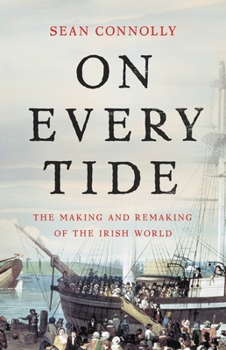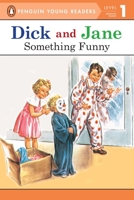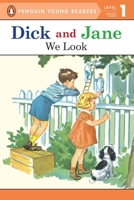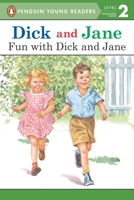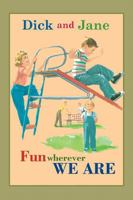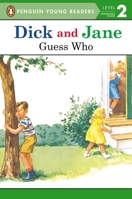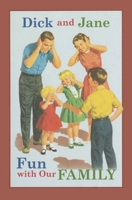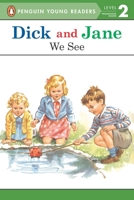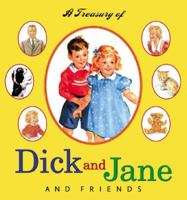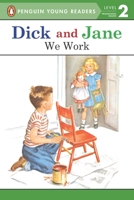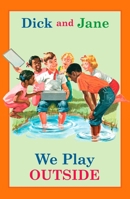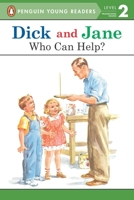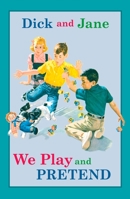On Every Tide: The Making and Remaking of the Irish World
Select Format
Select Condition 
Book Overview
A sweeping history of Irish emigration, arguing that the Irish exodus helped make the modern world
When people think of Irish emigration, they often think of the Great Famine of the 1840s, which caused many to flee Ireland for the United States. But the real history of the Irish diaspora is much longer, more complicated, and more global.
In On Every Tide, Sean Connolly tells the epic story of Irish migration, showing how emigrants became a force in world politics and religion. Starting in the eighteenth century, the Irish fled limited opportunity at home and fanned out across America, Canada, Australia, and New Zealand. These emigrants helped settle new frontiers, industrialize the West, and spread Catholicism globally. As the Irish built vibrant communities abroad, they leveraged their newfound power--sometimes becoming oppressors themselves.
Deeply researched and vividly told, On Every Tide is essential reading for understanding how the people of Ireland shaped the world.
You Might Also Enjoy
Customer Reviews
Rated 5 starsDick and Jane: We Play
Just the way I remembered this book to be. Easy to use for helping young children to learn to read.
0Report
Rated 5 starsReady to Read
If your child is ready to read, I recommend you take they back to the place where many of us started...with Dick and Jane. If you read the books in developmental order (listed in the back of the book), the child develops confidence in reading. I bought the series for my granddaughter this summer (after her kindergarten experience). As she finished each book, I presented her with the next book. Start your child with the book...
0Report











